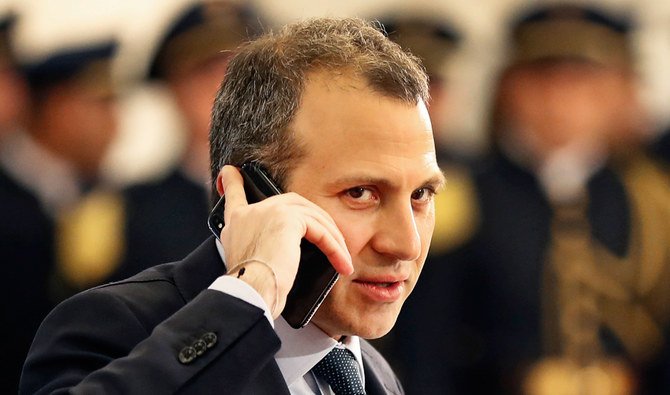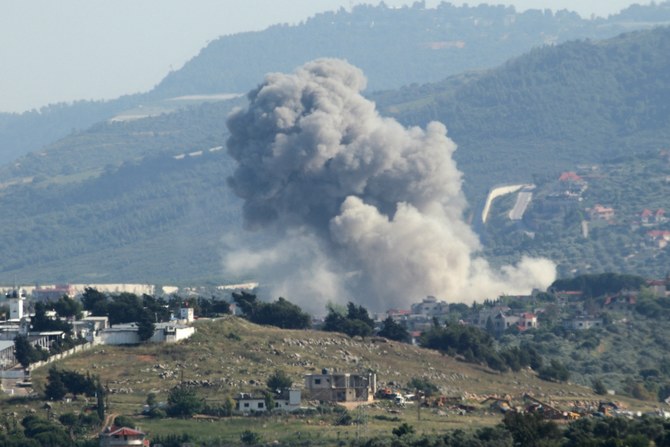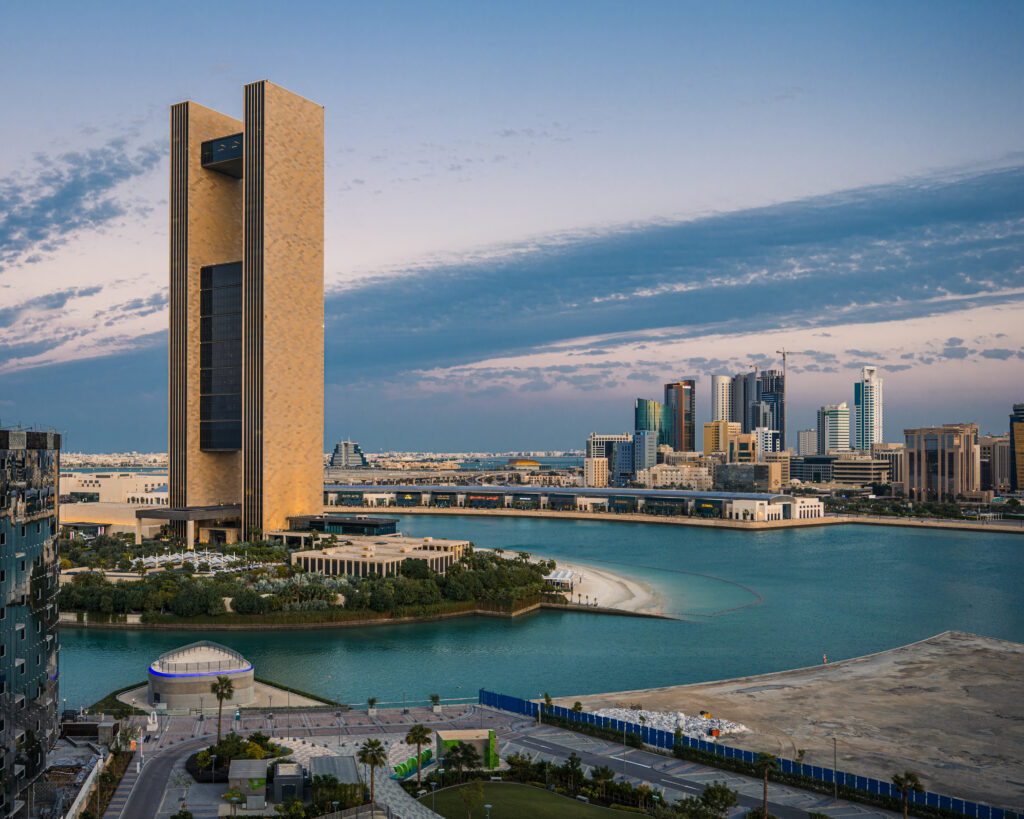BEIRUT: Lebanon’s former foreign minister Gebran Bassil on Friday said he was unfazed by US sanctions.
“Neither the sanctions scared me nor the promises seduced me,” Bassil wrote in a message on Twitter in response to the sanctions.
“I do not turn against any Lebanese nor save myself to destroy Lebanon. I became accustomed to injustice and learned from our history,” he added.
The US Treasury on Friday imposed sanctions on Bassil, a Christian politician, son-in-law of Lebanon’s President Michel Aoun, and an ally of the Iranian-backed Hezbollah, accusing him of corruption.
Announcing the sanctions, the US Department of State said: “Through his corrupt activities, Bassil has undermined good governance and contributed to the prevailing system of corruption and political patronage that plagues Lebanon, which has aided and abetted Hezbollah’s destabilizing activities.
“Lebanese political leaders should be aware that the time has long passed for them to put aside their own narrow self-interests and instead work for the people of Lebanon.”
Bassil has been a major target of Lebanese protesters since they took to the streets last year to demonstrate against widespread state corruption and mismanagement. Some observers suggest the sanctions might in part be designed to send an indirect message to Aoun.
The sanctions on Bassil are a serious blow to Hezbollah’s leading Christian ally in Lebanon. They come just weeks after the US imposed sanctions on former ministers Youssef Fenianos and Ali Hassan Khalil, sending a clear message to the Marada and Amal Movements, also allies of Hezbollah.
Bassil leads the Free Patriotic Movement, Lebanon’s largest Christian political party, which was founded by Aoun and had 21 MPs before two resigned from the party in August following renewed protests against the government in the aftermath of the Beirut explosion.
Support for Bassil
Maronite MP Hekmat Dib said: “Sanctions on Bassil are a political matter. We consider this a national dossier, and Bassil has nothing to do with funding Hezbollah”.
Former Free Patriotic Movement minister Ghassan Atallah tweeted: “If they thought that through the sanctions we will compromise our country’s wealth, an inch of the land and our conviction to extend a hand to any element of the Lebanese elements, the one wanting to impose sanctions does not know us.”
There were concerns among the Lebanese people that the sanctions on Bassil will be a further obstacle to the long-delayed formation of a new government led by Saad Hariri, as was the case when sanctions were placed on Hassan Khalil and Fenianos.
There are also fears that the sanctions might weaken Hariri’s position, and that Bassil and his allies will become more strident in their demands to form a government of specialists, not politicians. In the meantime, a caretaker government, led by Hassan Diab, continues to deal with the economic and financial crisis in Lebanon.
Assad flayed for blaming Lebanon
Meanwhile, an accusation by Syrian President Bashar Assad that “billions of dollars of Syrians’ deposits held in Lebanon’s financial sector are the main cause of Syria’s deepening economic crisis” sparked outrage in Lebanon.
In a message posted on Twitter, Lebanese former minister Richard Kouyoumjian responded by saying: “The foundation of your regime stole hundreds of billions of dollars of the Lebanese people’s money while Syria occupied Lebanon. By the way, allow your displaced countrymen to return, for they have cost Lebanon tens of billions of dollars and depleted its infrastructure.”
Walid Jumblatt, president of the Progressive Socialist Party (PSP), said: “After Assad looted, destroyed and abandoned most of Syria and benefited from all kinds of smuggled subsidized products from Lebanon, and after the Beirut port was destroyed as a result of the nitrate that he imported to use in barrel bombs against his people, it seems that he plans to knock the Lebanese banking system.”
The PSP issued a statement that said: “One of the main reasons for the aggravating economic crisis in Lebanon and the decline and depletion of its public finances is the corruption channels engineered by the Syrian Baath regime in Lebanon, even after the withdrawal of Syrian troops.”
It added: “Assad’s remarks prove a clear plan to knock the Lebanese banking sector, which had always been a safe and stable haven for brethren Arabs. This talk allows the justification, and even the encouragement, of smuggling from Lebanon in an eager desire for the hard currency that is supported in Lebanon.”
Fearing the possibility of international sanctions, Lebanese banks have been avoiding accepting deposits from Syrians.
According to figures from Lebanese authorities, the amount of Syrian funds deposited in the country is much smaller than Assad claims. In May, the monthly bulletin from Banque Du Liban, Lebanon’s central bank, reported that bank deposits by non-residents — including Syrians, people from the Gulf, and migrants from Lebanon and other countries — amount to less than 20 percent of total deposits.






















